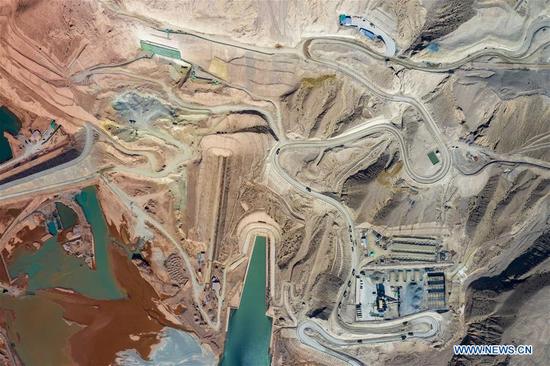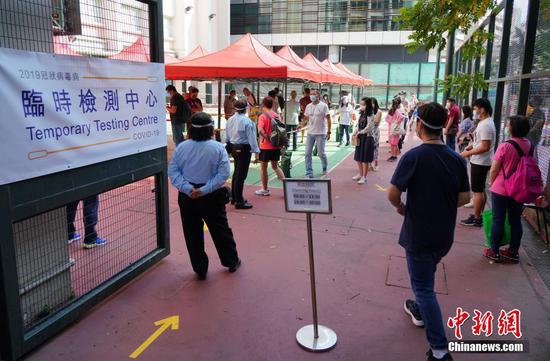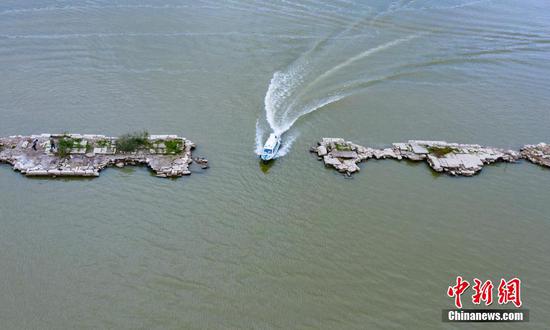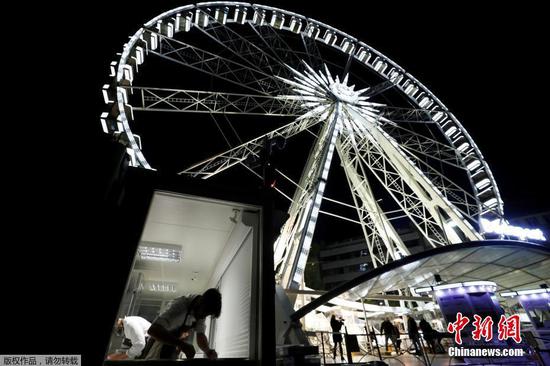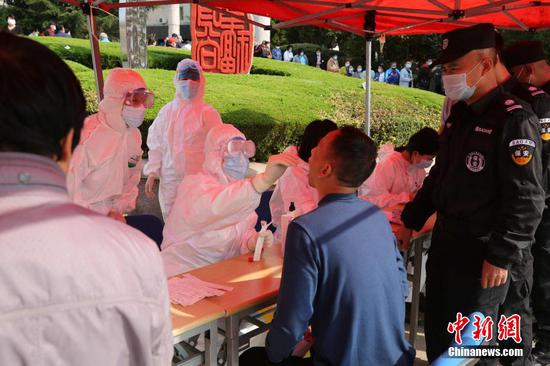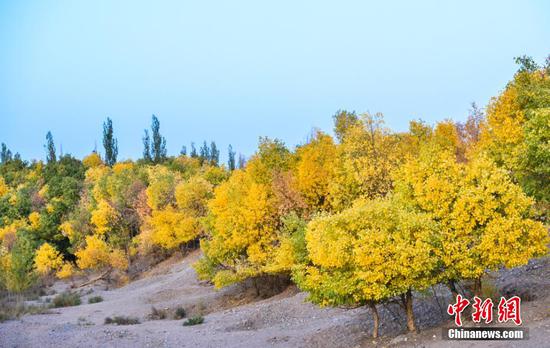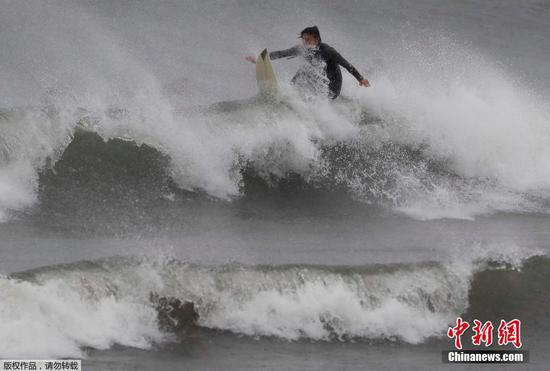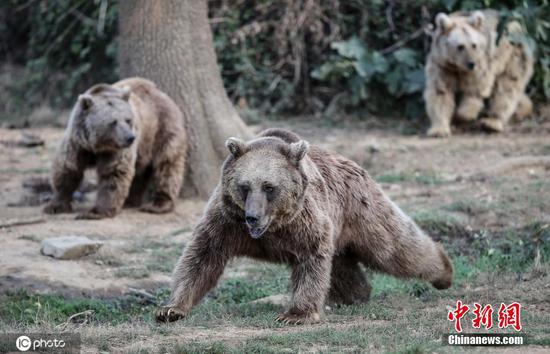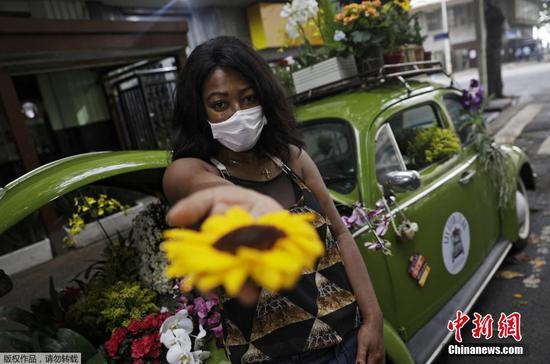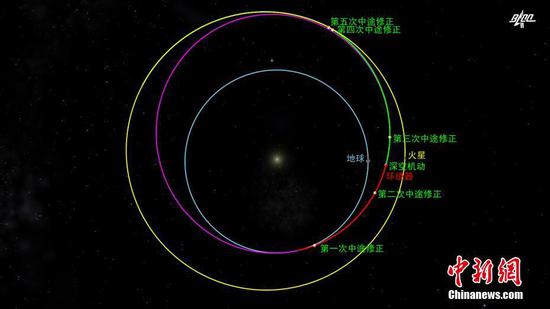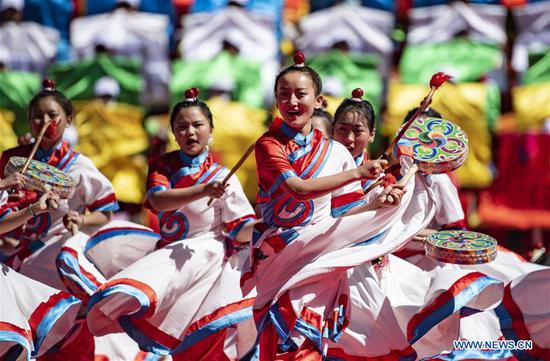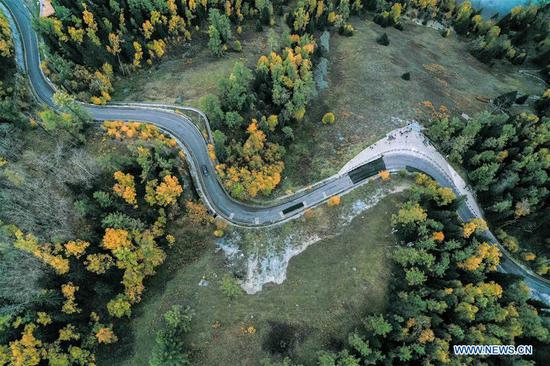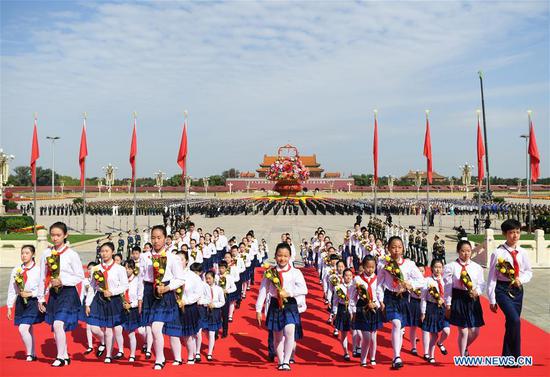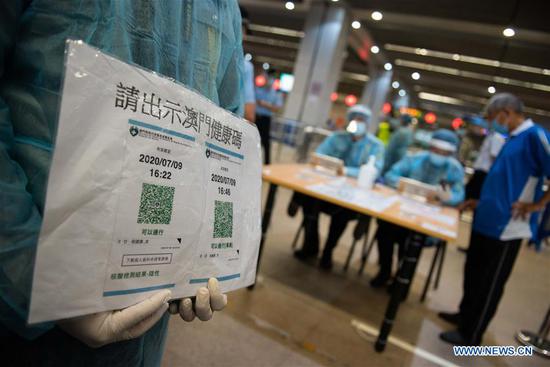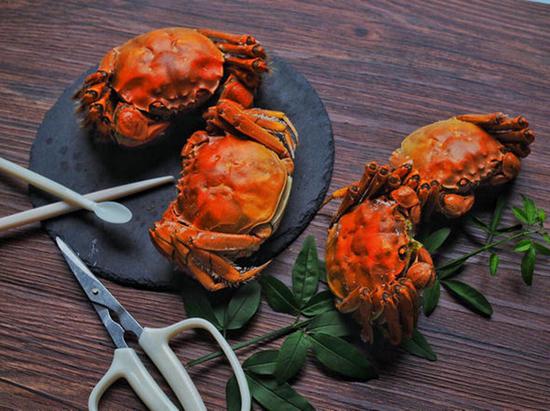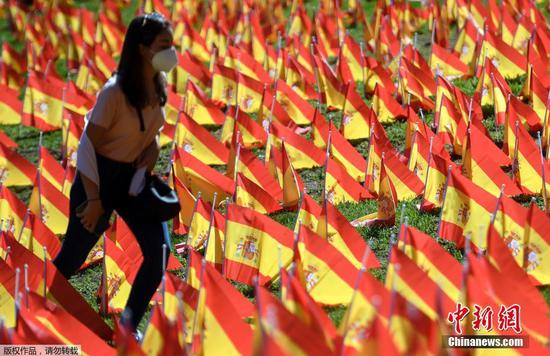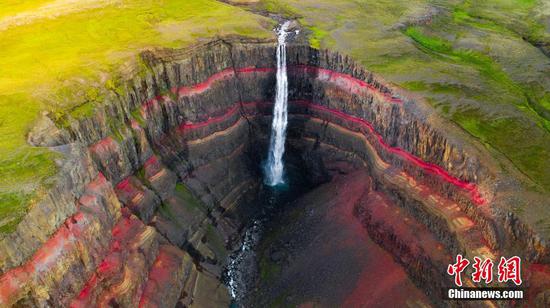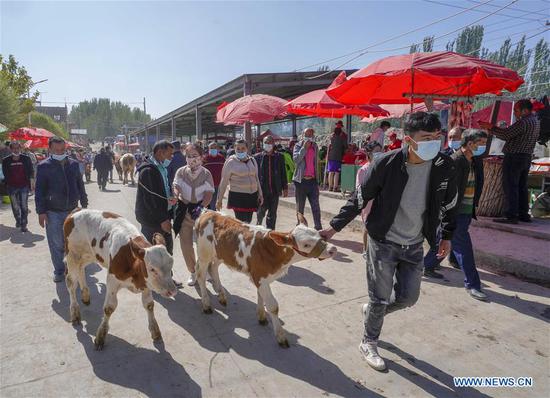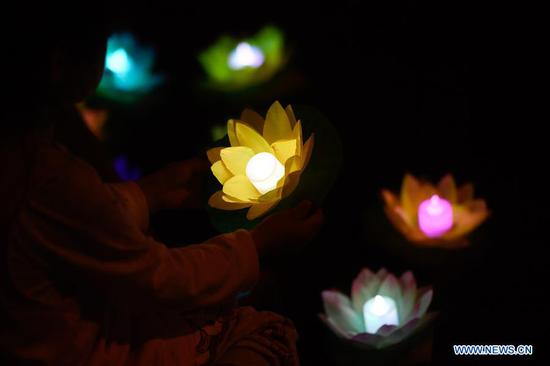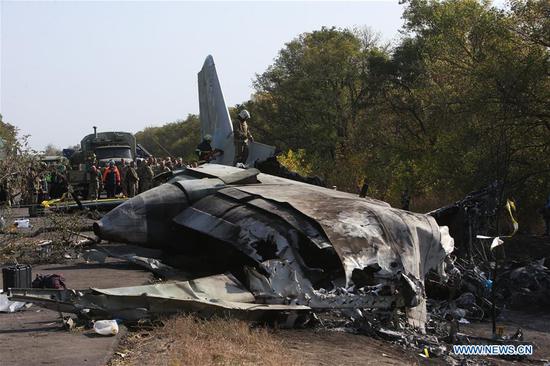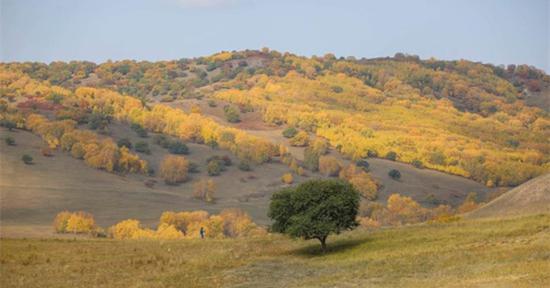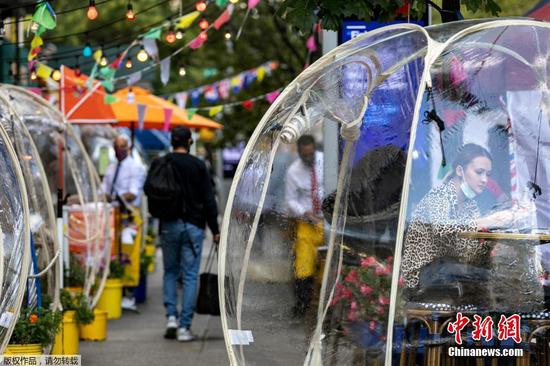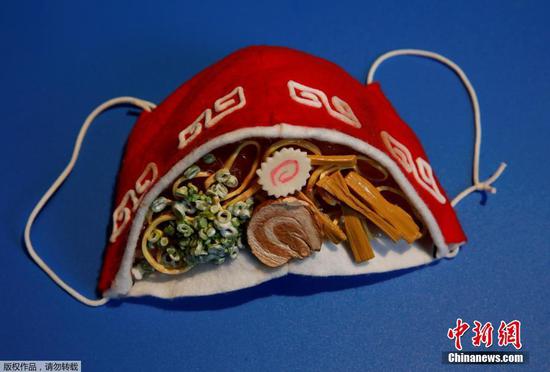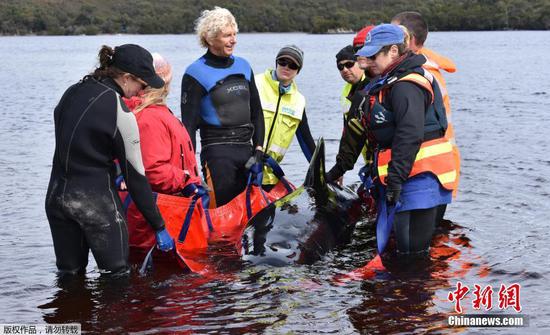Chinese support to Ethiopia's fight against one of the worst desert locust invasion in the East African country's recent history "mean a lot for Ethiopia," Ethiopia's State Minister of Agriculture said on Tuesday.
Speaking exclusively to Xinhua, Mandefro Nigussie, Ethiopia's State Minister of Agriculture, stressed that the desert locust is causing "tougher" impact across five regional states and one city administration -- Tigray, Amhara, Afar, Somali, and Oromia regional states and Dire Dawa city administration.
"It used to be on the lowland side of Ethiopia, where we have pastoralists not crop production but these days in Southern Tigray and Eastern Amhara, Eastern and Western Harerghe. It is coming to the highlands, where we grow crops so the problem is getting tougher but we are also establishing our capacity, increasing our spraying capacity by introducing about nine spraying helicopters and aircrafts that can help us control the pest in a short period of time," the state minister told Xinhua.
According to Ethiopia's agriculture state minister, the challenge is not the desert locust which is already in Ethiopia, but the locust coming from Somalia, Yemen though Djibouti and it comes to Afar and Somali and then it distributes to other parts of the country from the two regional states.
"The extent is quite high," Nigussie said, as he emphasized the crucial imperative that China playing in terms of helping the East African country's fight against the ongoing desert locust invasion, which is said to be the worst in more than 25 years.
On Monday, the Chinese government handed over batches of much-needed anti-locust materials to Ethiopia in order to help the East African country's fight against the worst desert locust invasion in the country's recent history.
The batch of anti-locust donation by the Chinese government, among other things, include 72 tons of pesticides, 2,000 units of hand held ULV sprayers as well as 20,000 sets of personal protective gears, it was noted.
"The donation could mean a lot for Ethiopia, especially when we have the challenge associated with desert locust," he said, adding that "these are donations related to chemicals that we can spray to control the desert locust, personal protective kits and sprayers. So these really can accelerate our capacity to control the desert locust."
Noting that among the much-needed support from China is about 54,000 liters of chemical, which is enough for 54,000 hectares of land, the state minister stressed that "this is like saving 54,000 hectares of land, killing all locust available on 54,000 hectares of land."
"It would mean a lot in terms of monetary value but also in terms of products in the agriculture commodities," he added.
Since June 2019, the East African country has been suffering from the worst desert locust invasion in about 25 years, affecting major crop-producing parts of the country.
The desert locust, which is considered as the "most dangerous of the nearly one dozen species of locusts," is a major food security peril in desert areas across 20 countries, stretching from west Africa all the way to India, covering nearly 16 million square kilometers, according to the United Nations.









